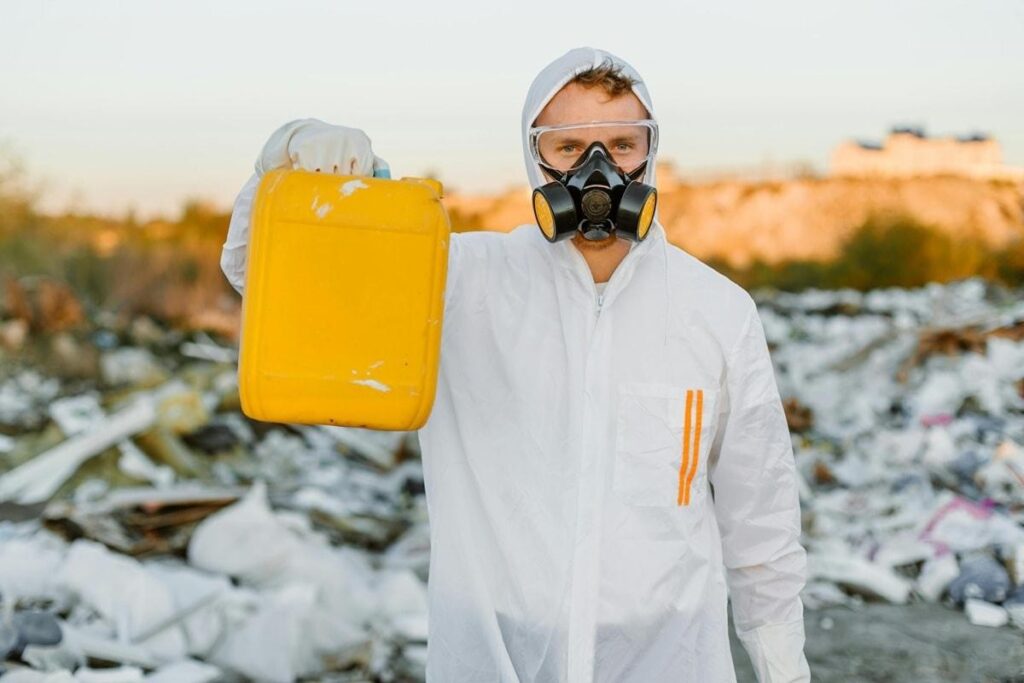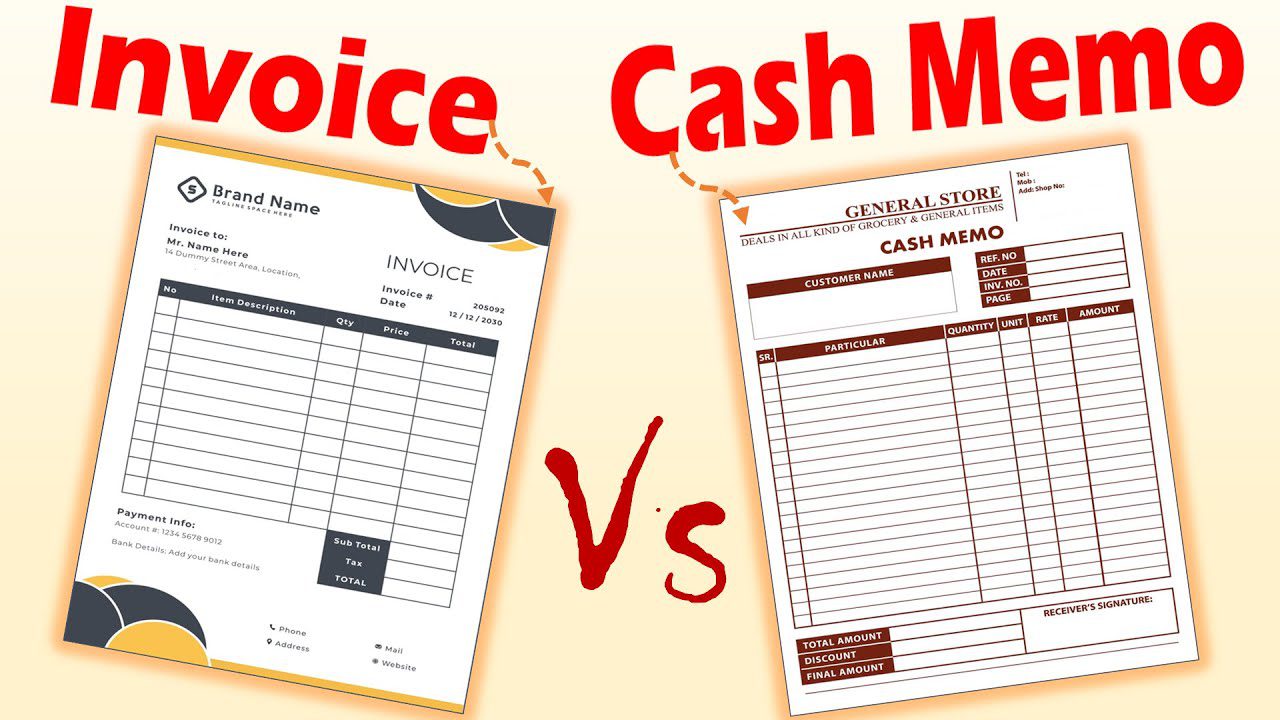
Anyone who handles hazardous materials typically knows the public health risks and dangers. Hazardous materials are not everyday items, and as such, hazardous waste is not something that you can merely throw in the trash can.
Often hazardous waste contains corrosive, ignitable, reactive, or toxic elements, in which case proper disposal of hazardous waste is imperative. Proper disposal of hazardous waste is not only important for legal compliance, it is also about protecting your surrounding environment and preventing serious risks to human health.
It is thus vital to implement hazardous waste management strategies and employ safe hazardous removal methods to ensure that you avoid the hidden dangers and protect the environment for future generations.
Contents
- 1 Introduction to Hazardous Materials and Hazardous Waste Disposal
- 2 Common Types of Hazardous Materials
- 3 The Risks and Consequences of Improper Hazardous Waste Disposal
- 4 The Importance of Hazardous Waste Management
- 5 Mitigating Environmental Risks Through Proper Disposal
- 6 Conclusion: Consequences of Improper Disposal and the Need for Action
Introduction to Hazardous Materials and Hazardous Waste Disposal
Proper hazardous waste disposal forms a critical part of your waste management strategy. Failing to properly handle and dispose of hazardous materials and harmful substances could pose significant risks to the environment and human health.
Hazardous materials can easily contaminate soil, pollute water, and generate toxic fumes into the atmosphere.
Hazardous waste typically comprises chemical waste and harmful substances that could result in risks to your health and environmental contamination. Therefore, it’s vital to shift your focus towards safe disposal whether for household hazardous waste, harmful chemicals, or industrial waste.
Avoiding improper disposal and improper storage at all costs prevents long-term damage such as soil contamination, water pollution, and health risks. Hazardous waste management is therefore a top priority for anyone dealing with hazardous materials.
Common Types of Hazardous Materials
Hazardous materials can include anything from pesticides, cleaning products, to automotive fluids. Similarly, there is household hazardous waste containing harmful chemicals and industrial waste often containing heavy metals.
All types of hazardous and chemical waste require safe disposal to prevent environmental contamination and pollution as well as health problems.
Below are a few types of hazardous waste that can cause environmental risks and risks to your health:
Chemical Waste
Chemical waste includes materials such as acids and alkalines that could lead to chemical burns and contaminate soil and water. Spent solvents are chemicals that pollute the air and release toxic fumes, causing respiratory issues without safe disposal. Glycols are not handled properly and could cause a risk to aquatic ecosystems. Often discarded chemicals contain hazardous chemicals that require regulated handling.
Industrial Waste
The following are a few common types of industrial waste from manufacturing industries and factories.
- Used transformer oils that cause soil contamination and harm human health.
- Used Lubricating oils that require proper disposal to prevent water pollution.
- Oily water or waste water which could poison aquatic ecosystems.
- Chemical emulsions that need specialized disposal methods.
- Process wash waters containing hazardous materials.
- Contaminated Industrial waste waters that require treatment before disposal.
- Sludges containing lead and hazardous chemicals.
- Contaminated soil and timber that needs isolation and treatment.
- Contaminated scrap metal which requires controlled recycling methods.
Toxic Waste
A few include:
- Toxic metals such as lead can accumulate and pose significant risks.
- Expired catalysts that contain hazardous chemicals.
- Reactive materials which pose dangers during transport and disposal.
- Off-spec fuels and products that could explode or ignite.
- Low-level radioactive materials require secure storage to prevent environmental contamination.
Household Hazardous Waste
A few household hazardous wastes that pose significant risk to human health and the environment are:
- Pesticides and herbicides.
- Fats, Oils and Grease.
- Batteries and bulbs with heavy metals and hazardous chemicals.
- Gas cylinders and Lecture bottles.
- X-ray materials are dangerous due to radiation.
The Risks and Consequences of Improper Hazardous Waste Disposal
Improper disposal of hazardous waste does not dissipate risks; it lingers and spreads, causing pollution and harm. The following are a few consequences and dangers involved in improper hazardous waste disposal.

Environmental Impact
Soil contamination, water pollution, and long-term environmental contamination, caused by improper hazardous waste disposal. Wildlife ecosystems such as aquatic ecosystems and plants suffer the consequences.
Health Risks
Hazardo materials can lead to health risks such as skin irritation, respiratory problems, chemical burns, and the risk of injury due to flammable materials. People who mishandle hazardous chemicals suffer serious long-term health problems.
Compliance Risks
Businesses and industries that fail to manage and dispose of hazardous waste properly stand at risk of legal penalties and a damaged reputation. Sticking to legal waste storage, treatment, and removal and understanding how to handle hazardous materials according to their physical properties ensures compliance.
The Importance of Hazardous Waste Management
Effective hazardous waste management safeguards the environment and protects human health, while keeping you compliant with local regulations and local governments. Hazardous waste management includes the proper storage, labeling, and transport of materials and the safe treatment and disposal thereof.
It is essential to store hazardous materials properly. A local service provider offers tailored waste removal services and schedules regular pick-ups to dispose of waste. They also manage paperwork and compliance for you.
Their safe disposal methods minimize environmental risks and health ris,, ks while you can pass all compliance inspections.
Mitigating Environmental Risks Through Proper Disposal
No one can afford to ignore the environmental impact of hazardous waste. Whether household hazardous waste or business waste, proper hazardous waste management practices are essential to mitigate and collaborate with local governments.
By avoiding improper storage and improper disposal, you can easily protect your community for future generations.
Conclusion: Consequences of Improper Disposal and the Need for Action
As you can see, there are many hidden daggers to improper disposal of hazardous waste.
If hazardous waste continues to pollute water,, and atmosphere, the damage may become irreversible.
That is why proper disposal of hazardous chemicals and waste is essential, as it protects your environment and reduces the risks of severe health problems.
Make hazardous waste management a top priority today to safeguard your family, the environment, and your own.









